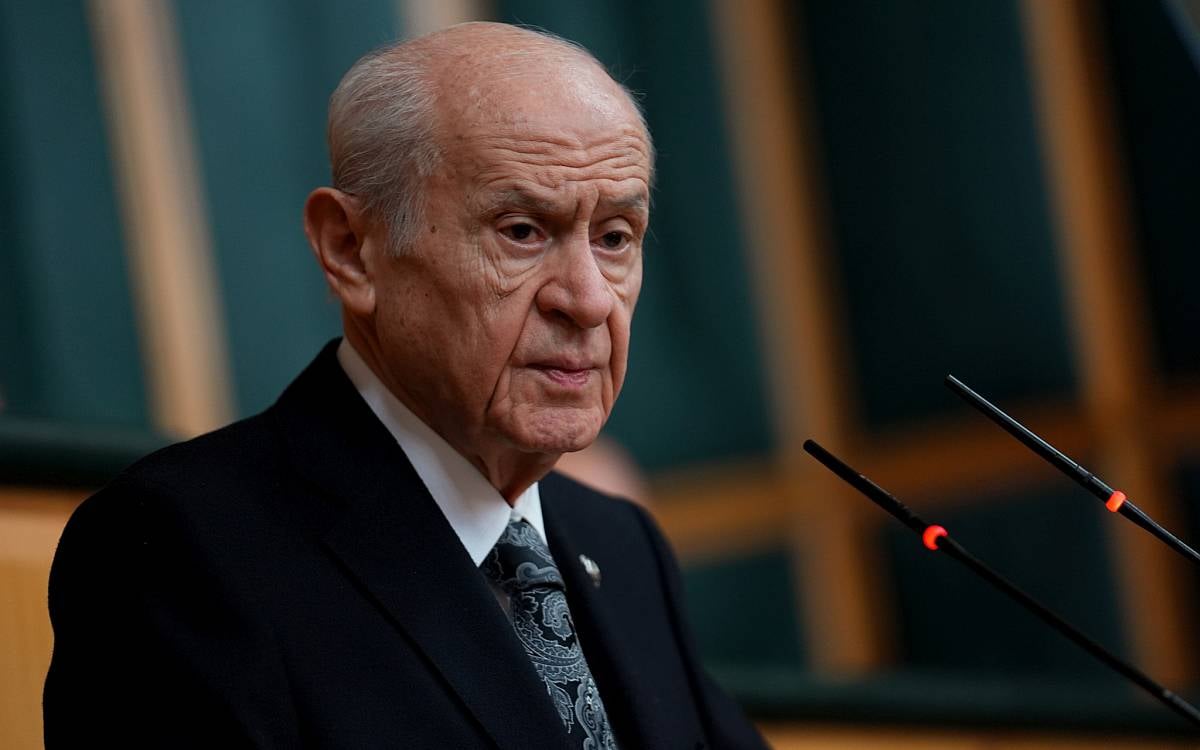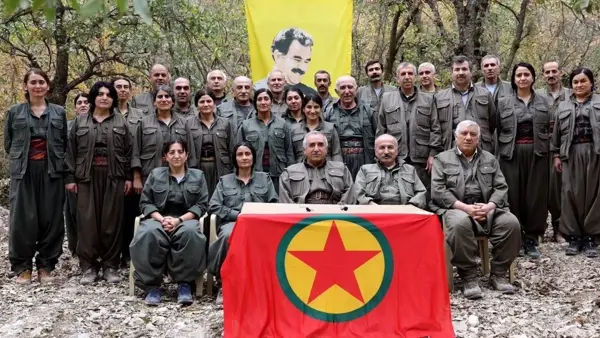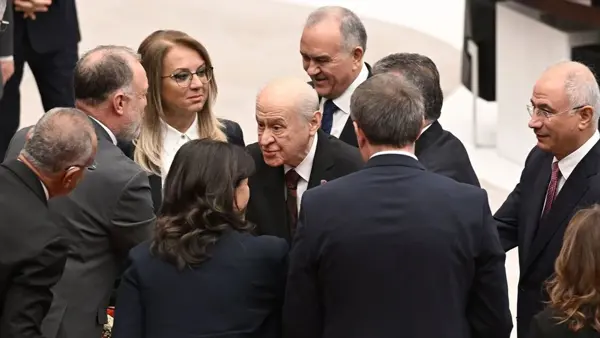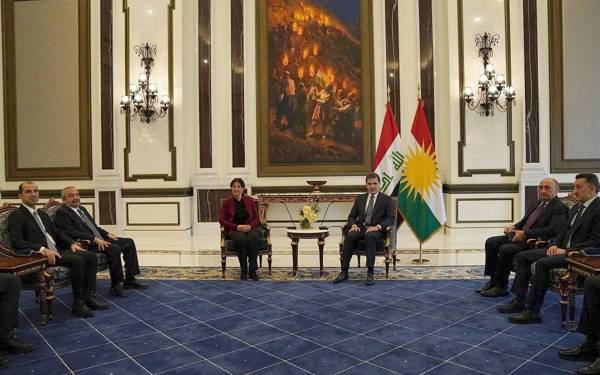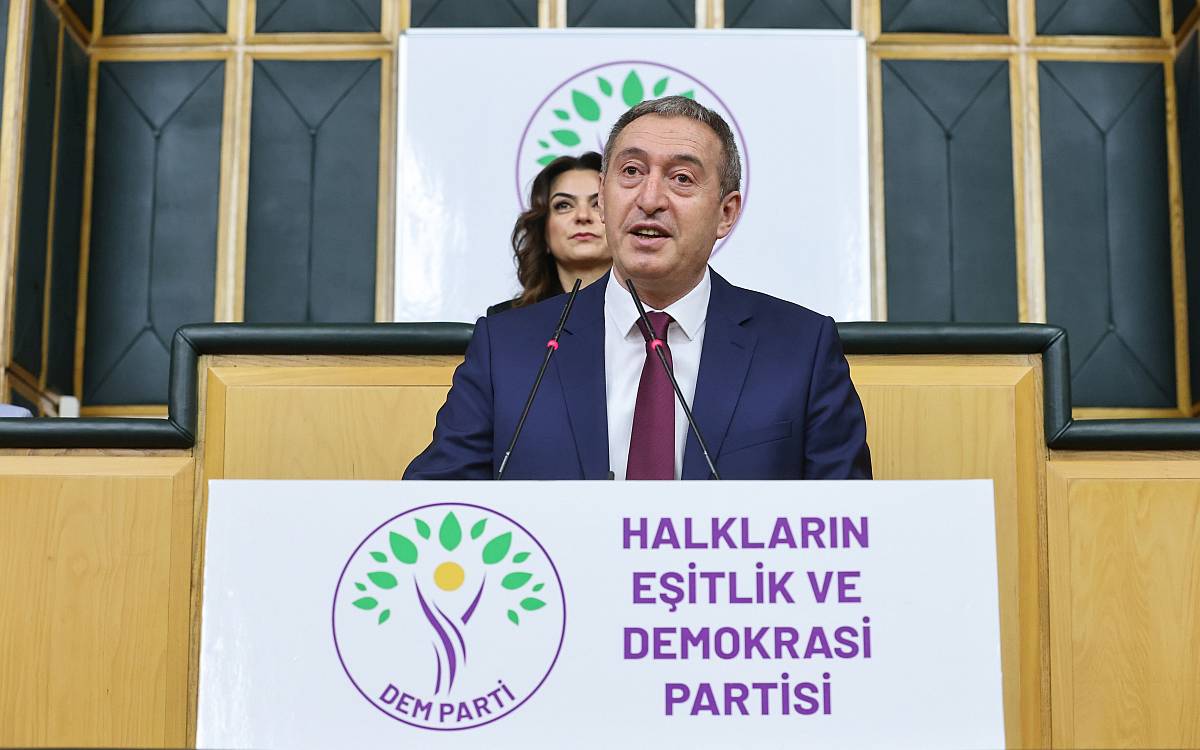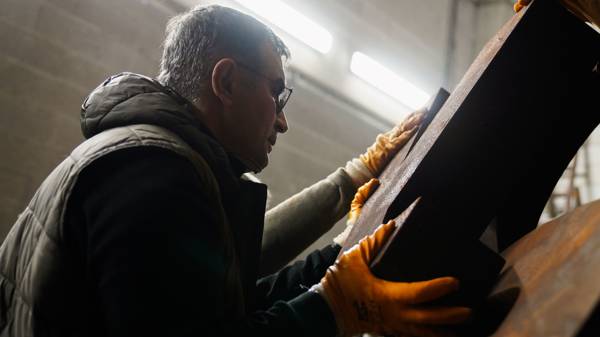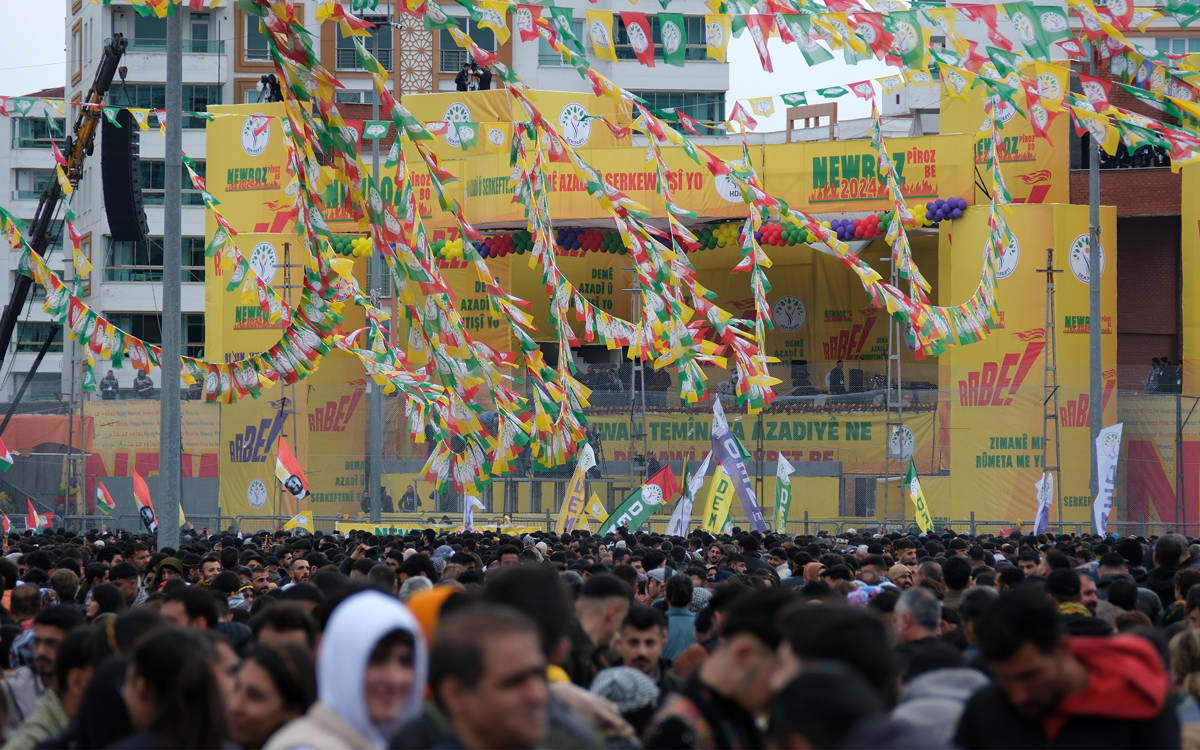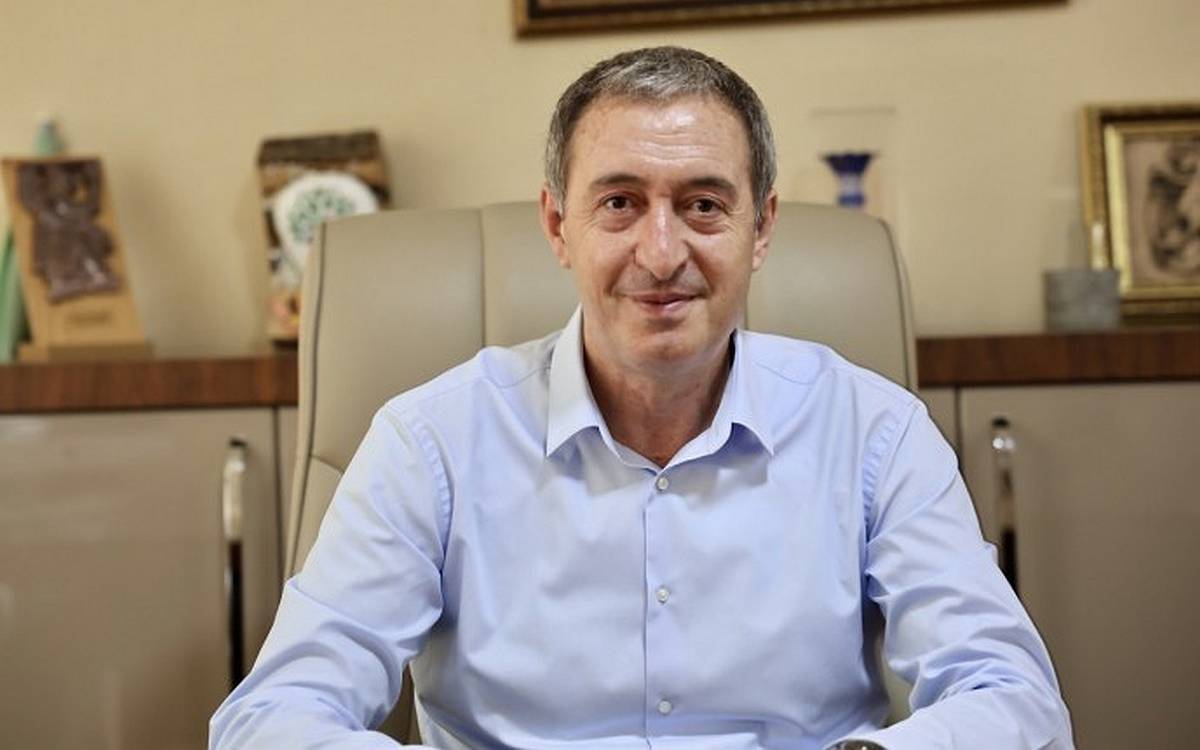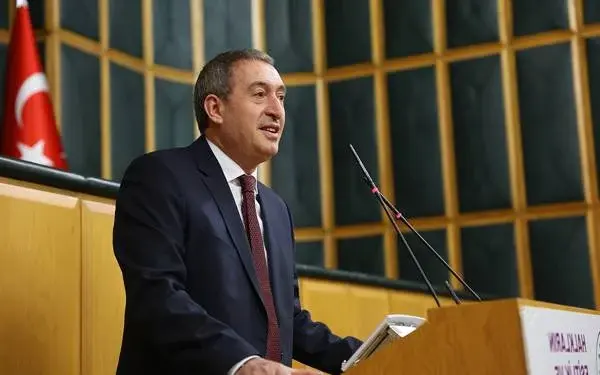Devlet Bahçeli, leader of the Nationalist Movement Party (MHP) and ally to President Recep Tayyip Erdoğan, has called for direct communication between Abdullah Öcalan, the imprisoned leader of the Kurdistan Workers’ Party (PKK), and the pro-Kurdish Equality and Democracy (DEM) Party.
Speaking at his party’s weekly parliamentary meeting, Bahçeli reaffirmed his earlier proposals regarding Öcalan, including the potential of the PKK leader playing a role in ending the Kurdish conflict. “We stand by every word we have said since Oct 22,” Bahçeli declared. “We expect face-to-face dialogue between İmralı [the prison island where Öcalan is held] and the DEM Group to take place without delay and repeat our call with determination.”
Kurds would have liked to be a member of the Turkish nation rather than being “in the bloody menu of imperialism,” Bahçeli asserted, adding, “Separating Kurds from Turks is as absurd as separating the Earth from the solar system.”
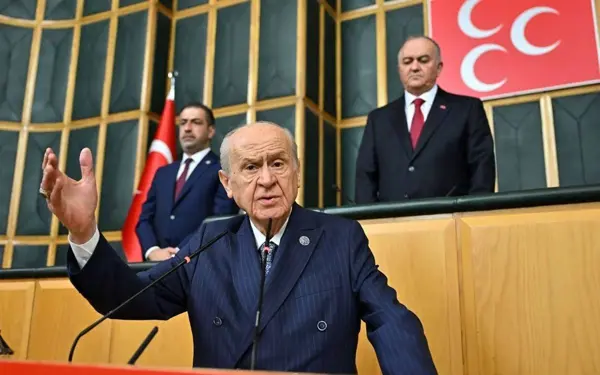
MHP's Bahçeli reiterates call for Öcalan to declare dissolution of PKK in parliament
DEM's response
Tuncer Bakırhan, co-chair of the DEM Party announced his party’s intention to facilitate such dialogue. Speaking at his party’s parliamentary meeting, Bakırhan said, “As co-chairs, we want to contribute to the peace of this country. We will go to İmralı to meet with Mr. Öcalan and offer our support for a resolution. We will apply to the Justice Ministry today.”
Bakırhan framed the proposed meeting as an opportunity to advance dialogue and end decades of conflict, saying, “If there is a chance for peace, we want to be part of it.”
Following these developments, DEM Party made an official application to the Justice Ministry to visit Öcalan at İmralı Prison.
Pro-Kurdish parties have long demanded confinement of Öcalan be lifted. The authorities have refused hundreds of applications by Öcalan's lawyers to visit him in prison, citing disciplinary penalties. The most recent attorney visit ban was imposed earlier this month.
The debate about a possible new peace process
Öcalan, who has been in isolation for much of the past four years, had his first outside contact in late October following Bahçeli’s openings. In that meeting, Öcalan spoke with his nephew, DEM Party deputy Ömer Öcalan, and reportedly stated his willingness to play a constructive role in shifting the conflict from “a violent to a political and legal framework.”
The timing of Bahçeli’s call and the recent thaw in Öcalan’s isolation have fueled speculation about whether the ruling bloc is exploring a new peace process. However, critics have pointed to contrasting government actions, including the recent appointment of trustees to replace elected pro-Kurdish mayors in several municipalities, as contradictory to peace efforts.
Bakırhan also criticized the government's trustee appointments in Kurdish-majority regions, calling them part of a broader policy of disenfranchising Kurdish voters. “This is the essence of the Kurdish issue,” Bakırhan said. “You call the people’s votes ‘terror,’ while the real terror is the trustee mentality that disregards the people’s will.”
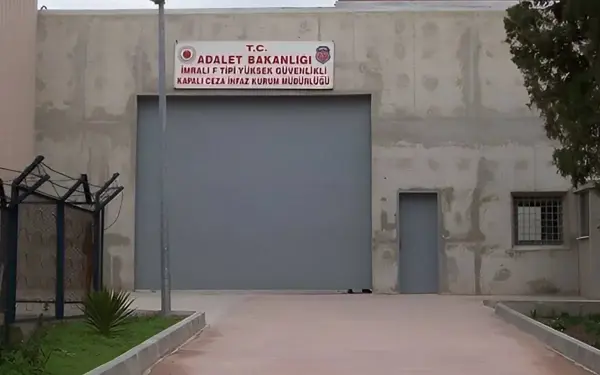
Öcalan's message: İmralı Island, possibilities, opportunities
(VK)





